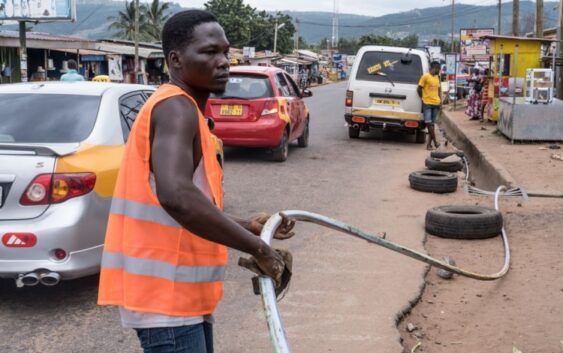INFRASTRUCTURE IS A CRITICAL PILLAR OF AFRICA’S COVID-19 RECOVERY

Africa remains the least connected continent and only 10 of 45 tracked African countries meet the affordability standard for internet, as recommended by the United Nations Broadband Commission.
It will, therefore, be crucial for governments, the private sector, and other partners to work together to build digital infrastructure, advance digital skills development, and cultivate tech talent to bring the benefits of digital technology to millions more people across Africa.
Urbanization is also transforming the continent. Its major cities are growing rapidly, with millions seeking opportunity in Johannesburg, Abidjan, Kinshasa, Lagos, Nairobi, and in fast-growing but smaller hubs, such as Lilongwe and Niamey. Urbanization is creating new demand for goods and services, supporting new ideas and initiatives, and attracting investors to help create more competitive, innovative, and efficient markets.
The benefits of urbanization will only be realized, however, if urban dwellers can rely on essential services like power, water, sewage, housing, and transport. Cities that provide these, whether through public, private, or a combination of providers, are more likely to be positive forces for economic growth, poverty reduction, and human development.
Finally, regional integration, both at the continental level and within each of the main economics blocs—the East African Community, ECOWAS, ECCAS, COMESA, IGAD and SADC to name a few —can help Africa accelerate progress and economic gains.
SOURCE: World Bank

